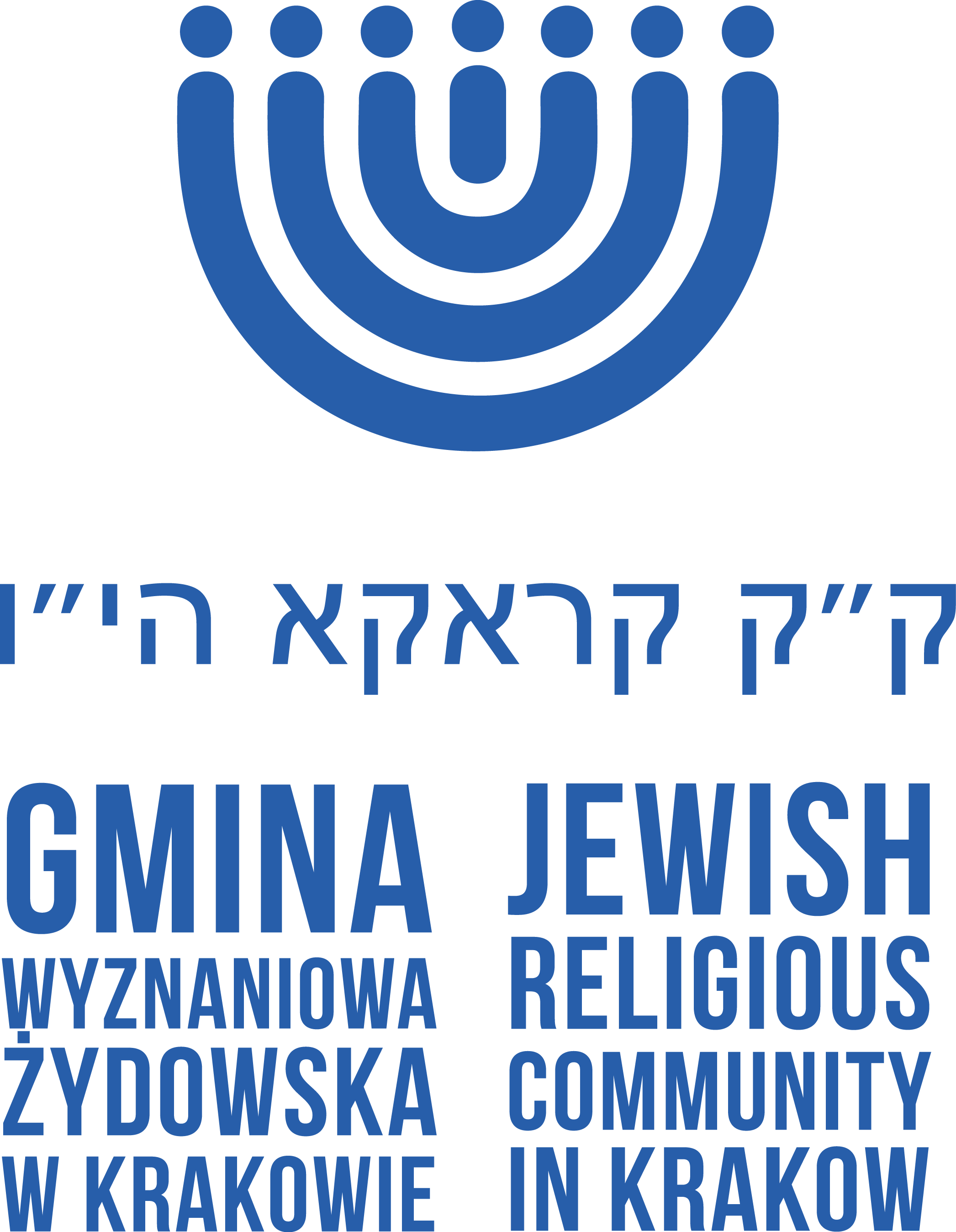Aleksander Rosner, a pioneer of modern gynaecology and obstetrics, a professor at the Jagiellonian University and a long-time Head of a University Department, the son of Antoni, was born on 26th February 1867 in Cracow.
After Aleksander Rosner had graduated from St. Ann’s Gymnasium no.3, he began medical studies. He was an exceptional student – maxima cum laude. Rosner finished his studies in 1889 and obtained his MD title a year later. He travelled across Europe, visiting leading research centres. Thanks to Maurycy Madurowicz, Rosner took the opportunity to develop his professional career under the tutelage of Ludwik Rydygier, among others. In 1895 Rosner defended his postdoctorial thesis and set off on another scientific journey across Europe. After his return, Aleksander Rosner obtained the title of Associate Professor and began his work at school for obestricians.
According to Ryszard W. Gryglewski, Rosner had an exceptional gift of combining medical practice with scientific work as well as didactics with organisational work. As this incredible talent was noticed very soon, all of Rosner’s quick promotions were no surprise.
In 1902, (at the mere age of 35), Aleksander Rosner was honoured with the title of Associate Professor. After professor Henryk Jordan’s death in 1907, he became the Head of the Department of Obstetrics at the Jagiellonian University as well as the Obstetrics Clinic. He held these positions until his death. What is more, Rosner was a long-time President of the Polish Gynaecological Society and a three-time President of The Doctors’ Society in Cracow.
Aleksander Rosner passed away on 6th January 1930 in Cracow. He was laid to rest in a family tomb at the Rakowicki Cemetery in Cracow.
Photo: Nowości Ilustrowane issued on 23rd November 1907. (Jagiellonian Digital Library)
Read more: Ryszard W. Gryglewski, Aleksnader Rosner (1867-1930), Academics of Jewish Heritage in the Modern History of the Jagiellonian University, Jagiellonian Uniwersity Press, Kraków 2014


